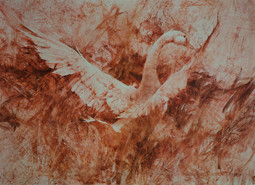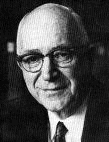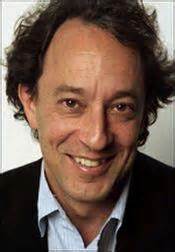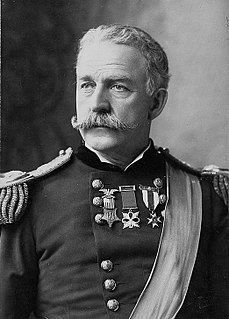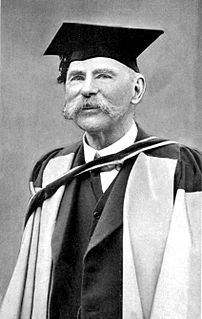A Quote by Richard Schmid
My idealism is clearly one reason I'm an artist. I see art as one of mankind's more sublime acts, as a vital counterbalance to our base impulses .
Related Quotes
...art must must carry man's craving for the ideal, must be an expression of his reaching out towards it; that art must give man hope and faith. And the more hopeless the world in the artist's version, the more clearly perhaps must we see the ideal that stands in opposition - otherwise life becomes impossible! Art symbolises the meaning of our existence.
Nothing has a more sinister effect on art than the artist's desire to prove that he's good. The terrible temptation of idealism! You must achieve mastery over your idealism, over your virtue as well as over your vice, aesthetic mastery over everything that drives you to write in the first place - your outrage, your politics, your grief, your love!
You see, gentlemen, reason is an excellent thing, there’s no disputing that, but reason is nothing but reason and satisfies only the rational side of man’s nature, while will is a manifestation of the whole life, that is, of the whole human life including reason and all the impulses. And although our life, in this manifestation of it, is often worthless, yet it is life and not simply extracting square roots.
Art is a window to The Infinite, and opening to the goddess, a portal through which you and I, with the help of the artist, may discover depths and heights of our soul undreamed of by the vulgar world. Art is the eye of the spirit, through which the sublime can reach down to us, and we up to it, and be transformed, transfigured in the process.
Youth is a period of idealism. The Communists attract young people by appealing directly to that idealism. Too often, others have failed either to appeal to it or to use it and they are the losers as a consequence. We have no cause to complain if, having neglected the idealism of youth, we see others come along, take it, and harness it to their cause - and against our own.
It's difficult not to color our perception of author's product with his personality. There are so many examples of this. What do we think of Ezra Pound - clearly a great poet and clearly kind of an asshole? You can say the same thing about Louis-Ferdinand Céline, who clearly was a Nazi sympathizer, and yet one of the great writers of the 20th century. It is tough, but there are enough examples around where we have to somehow find a way of separating the work from the artist and seeing what there is to see in the work, while also condemning the thoughts we see in the man.
Myth is the practical metabolism of our soulish life, the logic of our obsessions and oversights for which we have no language or code. Myth is the "morality" that the ineffable puts upon us, our unaccountable imperatives, our inexplicably selective clarity and obscurity, the mortal one-sidedness of our talents and wits, the passion and apathy that make such a transient passage through our hapless minds; that weave a pattern of fatality others will see before we do. Myth is distinctively human or sublime higher-order instinct, the "reason" in culture that reason knows not of.
When Robert Bly visited Interlochen Center for the Arts so many years ago, he spoke to the creative writing majors and said, "The eye reports to the brain, but the ear reports to the heart." Perhaps this is the thing that musicians can do that writers can't ever, quite, but it is what I aspire to, that sense/power of the auditory, and the belief that to hear more clearly is to see more clearly, and that to see more clearly is to feel more deeply.
